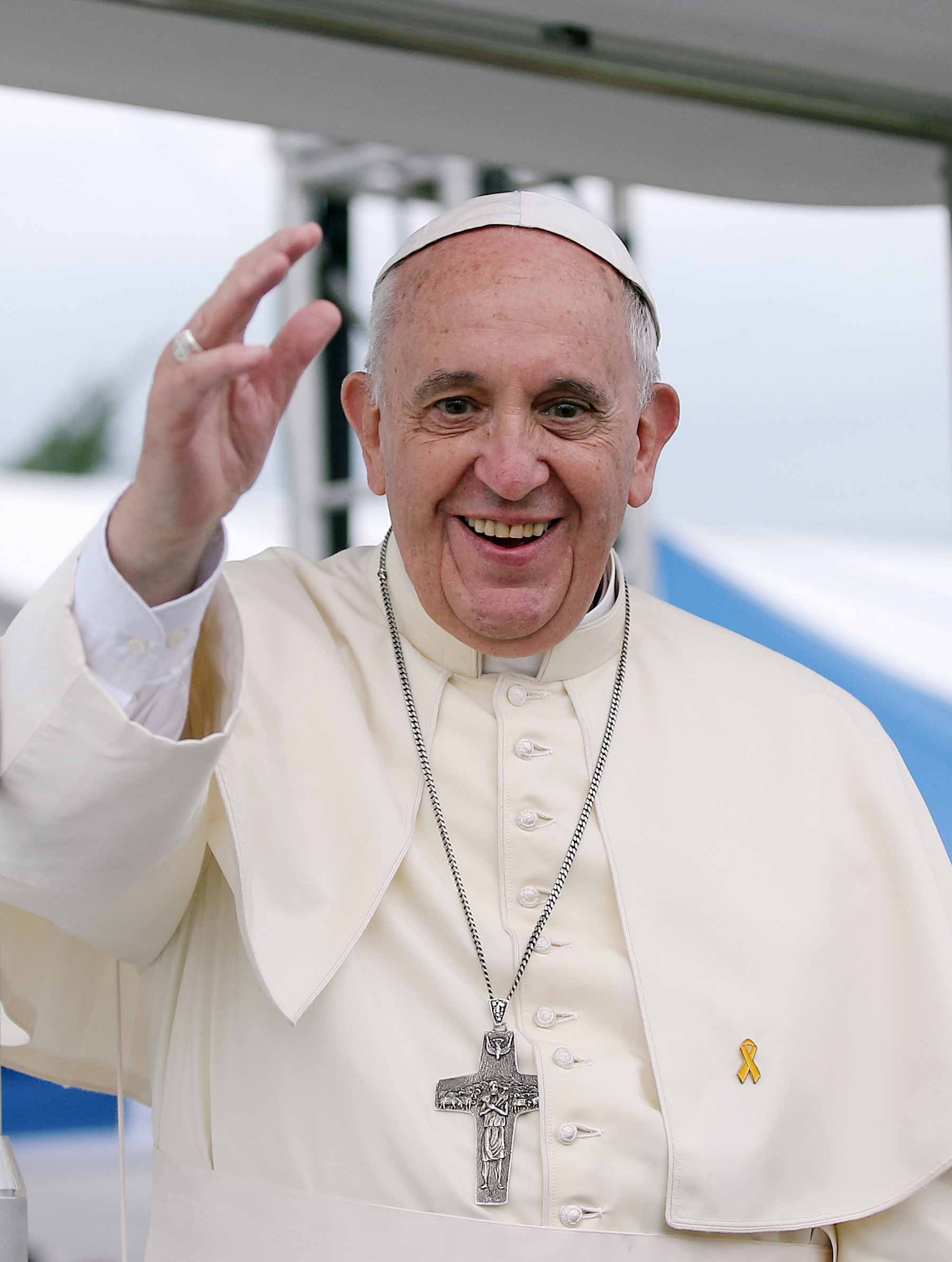
FOR us Catholic Christians, Easter means the celebration of the resurrection of Jesus Christ three days after His agony and death in the cross — the fulfillment of the prophecy in the scriptures that the Messiah will come and live among us — the Son of the living God who would be the savior of man from sins.
This religious tradition is very much alive in the Filipino culture, so much so that the Holy Week — or Semana Santa as we know it back home — has been one of the most important time of the year when we are called to reflect on the life and passion and resurrection of Jesus, and renew our covenant with Him in faith by repenting our sins and living a new life following God’s Way, Truth and Light as exemplified by Jesus’ life and teachings on earth.
Encyclopedia Britannica says “the English word Easter, which parallels the German word Ostern, is of uncertain origin. One view, expounded by the Venerable Bede in the 8th century, was that it derived from Eostre, or Eostrae, the Anglo-Saxon goddess of spring and fertility.” Meanwhile, he Latin and Greek Pascha (“Passover”) provides the root for Pâques, the French word for Easter.
As we know as Christians, Easter follows Lent, which the Britannica defines as the 40-day period (not counting Sundays) before Easter, which is traditionally observed by acts of penance and fasting.
“Easter is immediately preceded by Holy Week, which includes Maundy Thursday, the commemoration of Jesus’ Last Supper with his disciples; Good Friday, the day of his crucifixion; and Holy Saturday, the transition between Crucifixion and Resurrection.”
If you are familiar with the Filipino tradition of “salubong,” then you will be able to relate this to the liturgical timing of Easter, which “comes after the Great Vigil — originally observed sometime between sunset on Easter Saturday and sunrise on Easter Sunday. Later it would be celebrated in Western churches on Saturday evening, then on Saturday afternoon, and finally on Sunday morning.”
The Britannica says, “that practice may derive from the Gospel narrative of Jesus’ Resurrection, which states that Mary Magdalene went to the tomb “while it was still dark” (John 20:1) or as dawn was breaking (Matthew 28:1 and Luke 24:1). It is a service of jubilation that takes place as the sun rises to dispel the darkness.
The early Sunday morning for us in the Motherland, at the dawning of the new day, is when the image of the risen Christ meets with the image of the Blessed Mother Mary (“salubong” or to meet or come together), following two separate processions that culminate in Church. Church bells toll, people are awakened and join in the prayers and processions.
Other traditions outside of the Christian experience include the Easter bunny and Easter eggs. So if we look at all these symbols, they all lead to the celebration of a new life — dawn, resurrection, new life; Easter being celebrated in spring which follows the dead of winter, new life; Easter eggs = new life; Easter bunny = prolific, brings forth new life.
What is the significance of Easter to our everyday life, especially during these troubled times we all live in?
Pope Francis shared prayers and messages that may help us toward our “new life” in Jesus Christ.
“It is not the time of your judgement, but of our judgement: a time to choose what matters and what passes away, a time to separate what is necessary from what is not. It is a time to get our lives back on track with regard to you, Lord, and to others.”
“Jesus tells us: ‘I am the resurrection and the life’… have faith. Amid grief, continue to have faith, even when it seems that death has won. Let the Word of God restore life where there is death”.
“The Lord does justice for the innocent woman, forgives the sinner, condemns the corrupt ones, helps the hypocrites convert themselves. Each of us has our own story, our own sins. Let us look at the Lord who does justice, but who is also extremely merciful.”
“When we stand before the crucified Jesus, we see the depth of His love, which restores our dignity and sustains us.”
“‘If you remain in my Word, you will indeed be my disciples’(Jn 8:31). The disciple is someone who is free because he or she remains in the Lord. To remain in the Lord means allowing oneself to be guided by the Holy Spirit.”
“May our Christian existence be like that of our father Abraham: aware of having been chosen, joyful in moving toward a promise, and faithful in fulfilling the covenant.”
“This astonishes us: God saved us by taking upon himself all the punishment of our sins. Without complaining, but with the humility, patience and obedience of a servant, and purely out of love.”
“The Father upheld Jesus in his service. He did not take away the evil that crushed him, but rather strengthened him in his suffering so that our evil could be overcome by good, by a love that loves to the very end.”
“Jesus experienced total abandonment in a situation he had never before experienced in order to be one with us in everything. He did it for me, for you, to say to us: ‘Do not be afraid, you are not alone. I experienced all your desolation in order to be ever close to you.’”
“God saved us by serving us. We often think we are the ones who serve God. No, he is the one who freely chose to serve us, for he loved us first. It is difficult to love and not be loved in return. And it is even more difficult to serve if we do not let ourselves be served by God.”
“The tragedy we are experiencing summons us to take seriously the things that are serious, and not to be caught up in those that matter less; to rediscover that life is of no use if not used to serve others. For life is measured by love.”
“Gaze upon the outstretched arms of Christ crucified, let yourself be saved over and over again.”
“By ourselves, we cannot remove the dust that sullies our hearts. Only Jesus, who knows and loves our heart, can heal it. #Lent is a time of healing.”
HE IS RISEN! Let us rise in God’s love.
HAPPY EASTER!
* * *
Gel Santos Relos has been in news, talk, public service and educational broadcasting since 1989 with ABS-CBN and is now serving the Filipino audience using different platforms, including digital broadcasting, and print, and is working on a new public service program for the community. You may contact her through email at [email protected], or send her a message via Facebook at Facebook.com/Gel.Santos.Relos.







